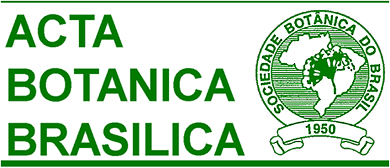ABSTRACT
The long-term success of populations is dependent on individual reproductive success, and in general, increased population size and genetic diversity contribute to population maintenance, reducing the risk of local extinction. Interspecific hybridization has consequences that can vary according to the hybrids' fate, which can be strongly influenced by the reproductive capacity of hybrids and canonical individuals from the contact zone. We examined the reproductive biology and morphology of two closely related Petunia (Solanaceae) species and their interspecific hybrids from Serra do Sudeste, Southern Brazil, and we measured their reproductive success under controlled conditions based on seed production and germination from five pollination treatments. We found differences in self-compatibility degree among individuals, lineages, and pollination treatments based on high total seed production (> 204,000 seeds) and germination (630 seedlings evaluated). No correlation was observed between corolla colour and reproductive success or between floral morphological traits and compatibility. High self-compatibility and inter-lineage compatibility can explain the hybrid populations' maintenance and origin, favouring the two analysed species' introgression.
Keywords:
reproductive success; interspecific hybridization; mating system; germinability; Petunia

 Thumbnail
Thumbnail
 Thumbnail
Thumbnail
 Thumbnail
Thumbnail


